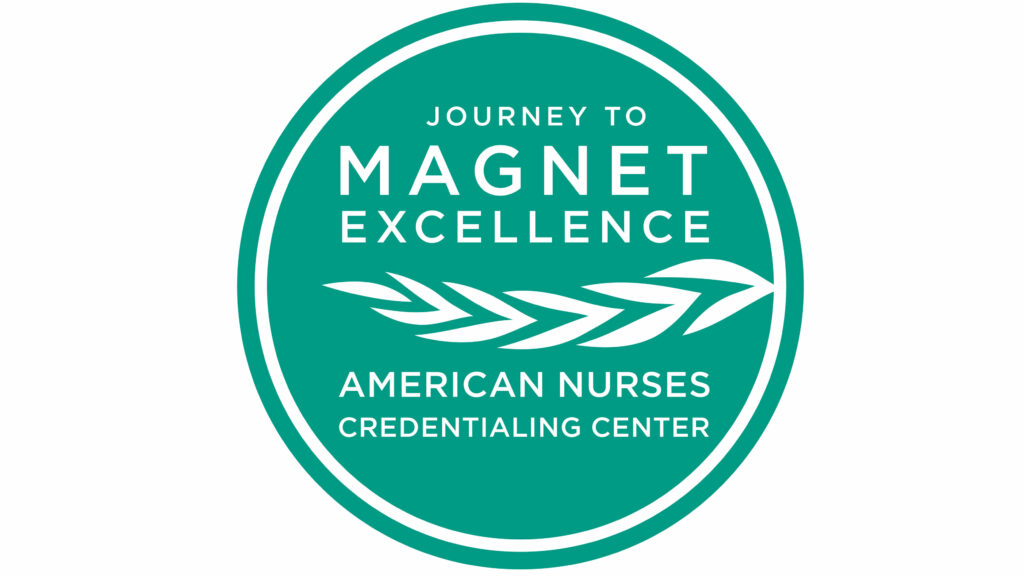After September 11, 2001, firefighters from across the nation traveled to New York to assist in recovery efforts and be with the fire stations that had lost responders during the World Trade Center attack. There were news interviews of firemen and firewomen talking about the tremendous sadness they felt, witnessing the loss of fellow firefighters, even when they did not know the firefighters personally. I did not quite understand this connection until I began to see pictures of nurses in the early months of the pandemic. I was filled with profound grief in seeing the broken-down faces of nurses in New York from wearing masks for hours and the emotional toll it was taking on the nurses in Italy, processing so many deaths. I was also filled with inextricable pride in the knowledge that I belonged to such a selfless profession. That ‘my people’ would put their own health at risk, sacrifice time with family, isolate from others, and deal with unspeakable conditions, day after day, in noble dedication to and commitment in caring for others. It was and continues to be moving. While other healthcare workers can empathize with long hours, difficult working conditions, and commitment to caring for others, no one knows exactly how it feels to be a nurse besides other nurses. No one knows quite what you sacrifice, quite what you experience, quite what you’re thinking, except other nurses. This is why it is so difficult to understand lateral violence in nursing.
Lateral violence goes by many names: horizontal violence, nurse-on-nurse hostility, incivility, workplace conflict, nurse-bullying, among others. Lateral violence is a type of workplace violence that nurses are exposed to at a fairly high rate, some studies showing 50% of nurses per year. Lateral violence ranges from eye-rolling and other expressions of body-language, to gossip and other verbal abuse, to aggressive physical touch. The nursing profession has been plagued for decades with the phenomenology of “eating our young”, though generational differences have left older nurses laterally attacked by younger nurses for being “old school” and “not technologically savvy”. Regardless of the severity of the lateral violence, or the generational perpetuation, lateral violence has devastating effects on our profession. Researchers describe both psychological and physiological responses of repeated exposure to lateral violence. Psychological disturbances included fear, insecurity, depression, anxiety, loss of confidence, and increased substance abuse. Physiological responses include fatigue, gastrointestinal issues, headaches, hypertension, disturbed sleep and higher rates of chronic illness. And the results are devastating: lateral violence leads to poor nursing care, patient safety issues, decreased job satisfaction, higher rates of attrition, and abandoning the nursing profession all-together (Desharnais, et al., 2023).
Lateral violence is a completely preventable disease in our profession. It happens all around us and we have the power to stop it, report it, address it, and eradicate it, just like any other virus. It takes courage to report incidences and strength to call out bad behavior when you witness it. It also takes humility to acknowledge that you are a perpetrator of lateral violence. No one would argue that our profession pushes us to the limit physically, mentally, and emotionally. Everyone agrees that our current socioeconomic and political environment is causing a tremendous amount of stress for everyone. But we cannot tolerate any behavior that causes additional psychological or physical harm to coworkers.
The Arkansas Employee Assistance Program is a completely free service to UAMS employees that offers short-term counseling, information, and referral when indicated, for a variety of personal circumstances, including grief care, life/career coaching, emotional concerns, and anger management.
The American Nurses Association Position statement on Incivility, Bulling, and Workplace Violence states that employers and Registered Nurses bear the responsibility for creating safe, respectful, healthy working environments. As Tammy noted in her article last week, we urge you to report lateral hostility or worker-on-worker violence you witness or are experiencing here at UAMS using the appropriate incident reporting link on i-safe. The i-safe system is designed to provide a safe space to report incidents. We want to ensure all UAMS employees feel safe in their work environment.

